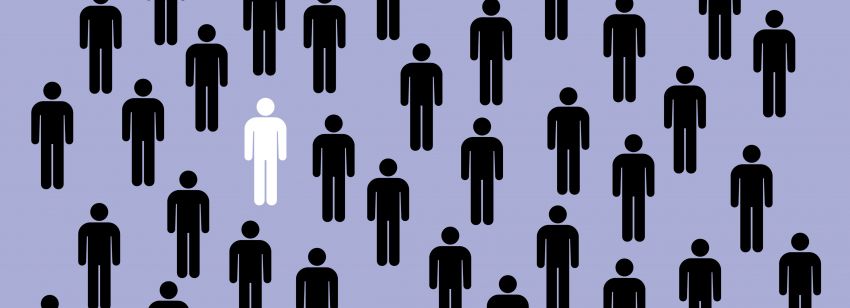Extreme muscle weakness - one in 50,000 male newborns worldwide
Rare Disease Day 2022
One in 50,000 newborn boys are born with X-linked myotubular myopathy, in short XLMTM. The prognosis of these patients is tragic - about half of the newborns die within the first year of life. These babies are called "floppy infants" because of their extreme muscle weakness. In most patients, the muscle weakness is so severe that they cannot even breathe on their own. As the disease progresses, the children's motor development is also severely delayed; only a few XLMTM patients reach motor milestones such as sitting, standing and walking. Almost all patients require lifelong assistance with breathing and feeding.
The cause is a genetic defect in the gene myotubularin 1, resulting in the expression of a dysfunctional myotubularin protein. This results in altered muscle fiber structure and impaired contraction. Patients who carry the gene defect heterozygous usually have a mild course.
For children with a homozygous gene defect, this means an extremely severe disease burden throughout their lives. To date, there is no approved therapy; the children are treated purely symptomatically. The disease of XLMTM patients affects the whole family, as the care requires a great deal of effort. Parents live with constant worry and anxiety about the young patients and the whole family is severely restricted in their daily activities and mobility. At this time, two therapies are in clinical trials so that affected children and their families can hopefully be helped in the coming years.
SKC consulting supports that patients with diseases for which there are no or only limited treatment options have access to effective treatment. That is why we want to continue to raise awareness about rare diseases like XLMTM with this year's blog series.
Sources:
- James J. Dowlin, Michael W. Lawlor and Soma Das: X-linked Myotubular Myopathy,Gene Reviews 2018
- CNM – Together Strong! Self-help association for myotubular myopathy and other centronuclear myopathies
- Morice - unser Lieblingsmensch
About the author

Senior Consultant
M.Sc. Biomedicine
Fax: +49 511 64 68 14 18
